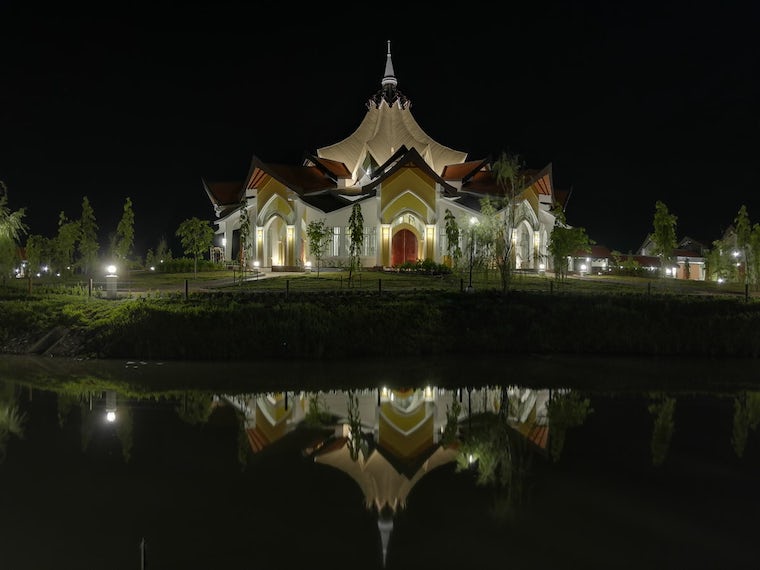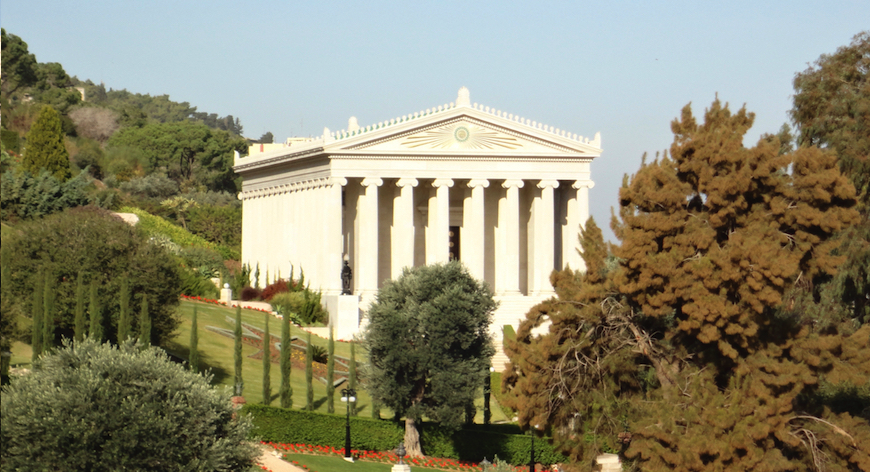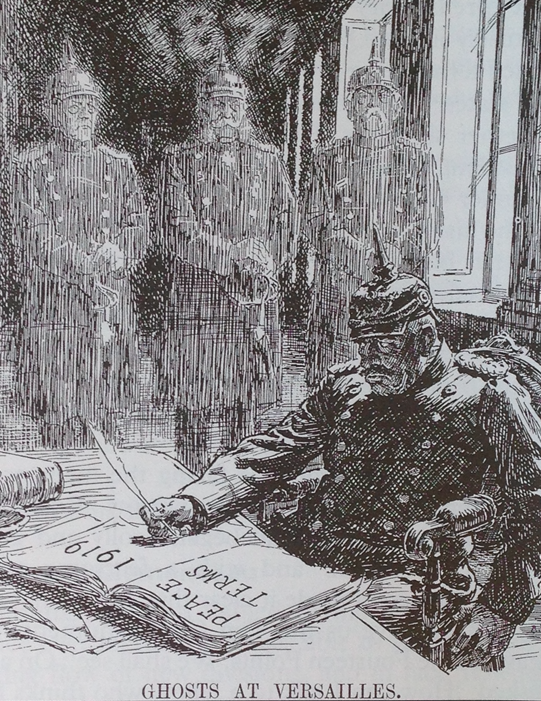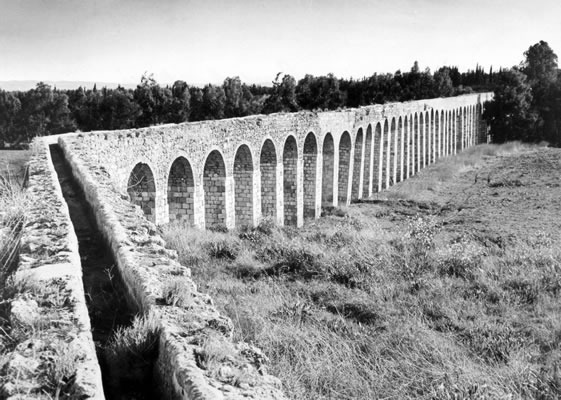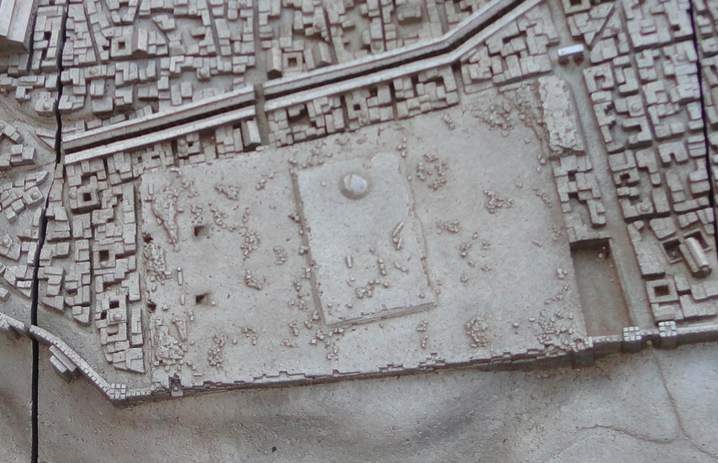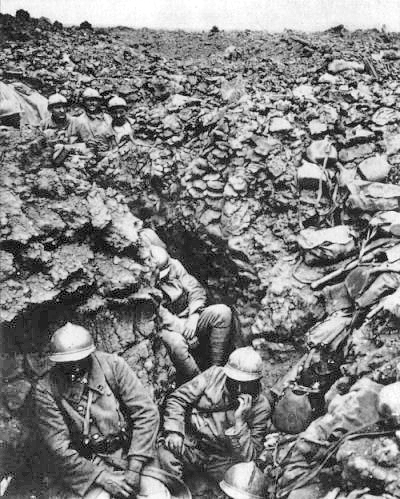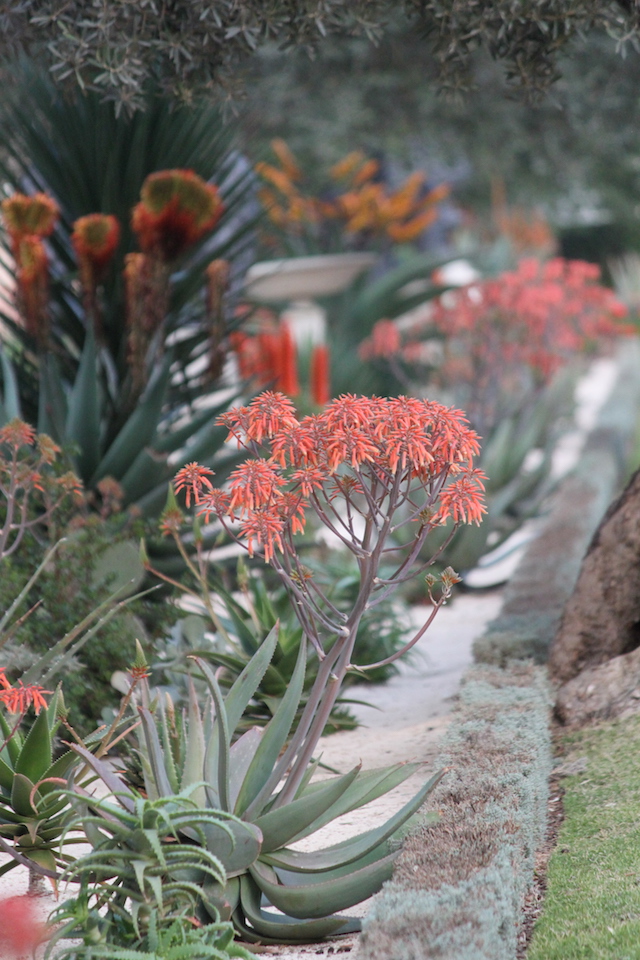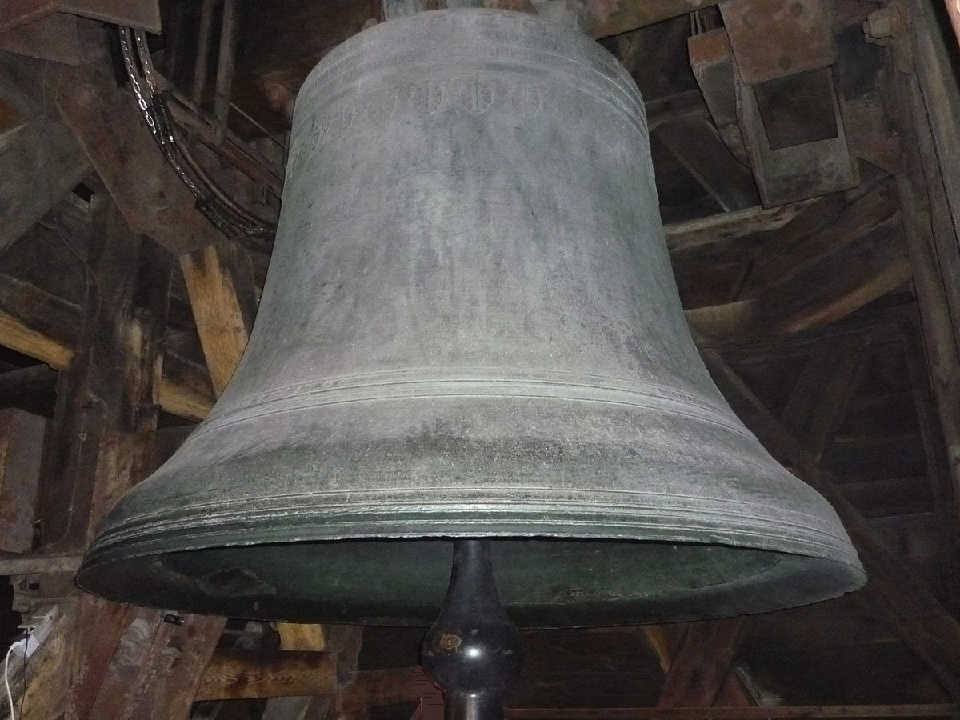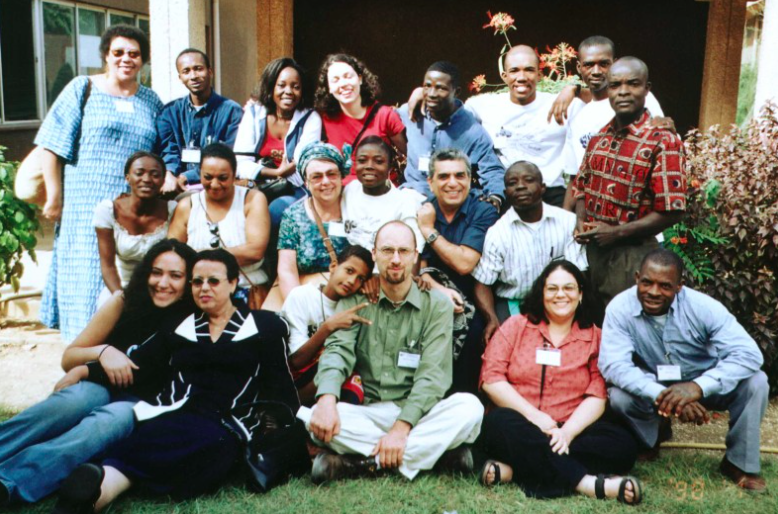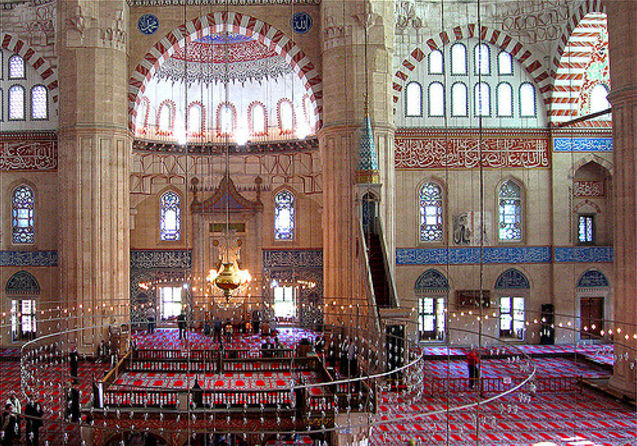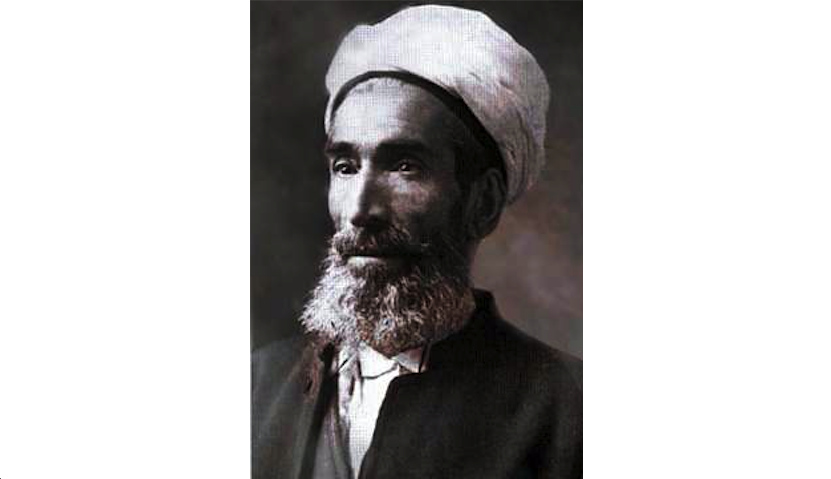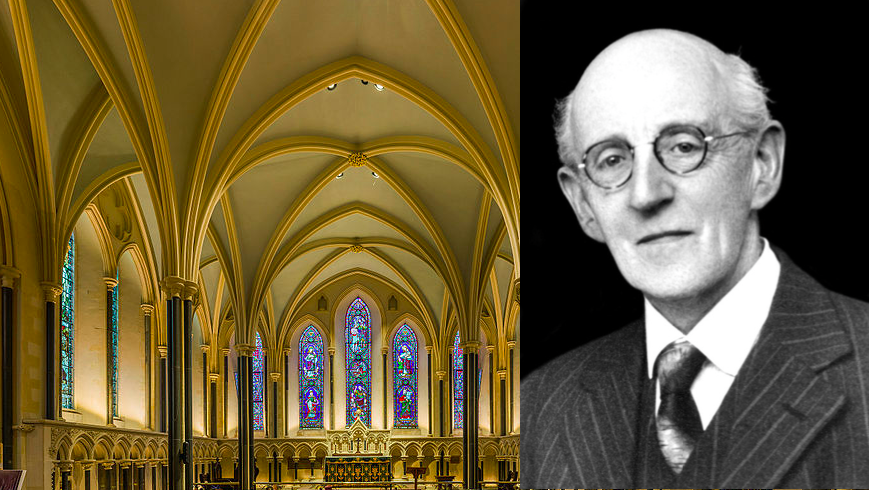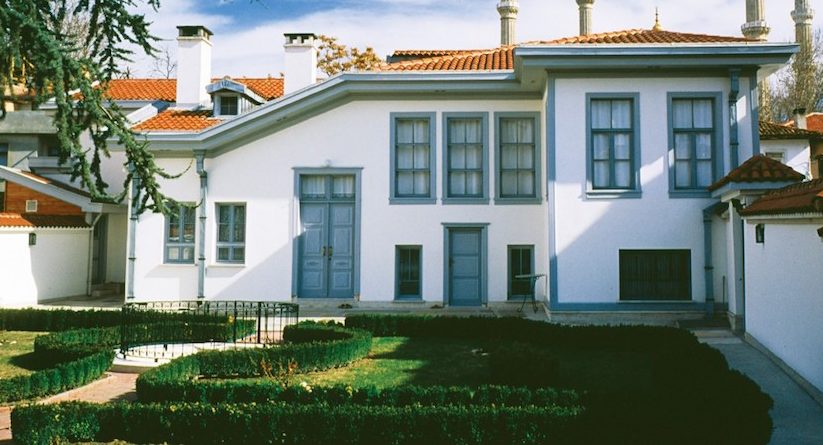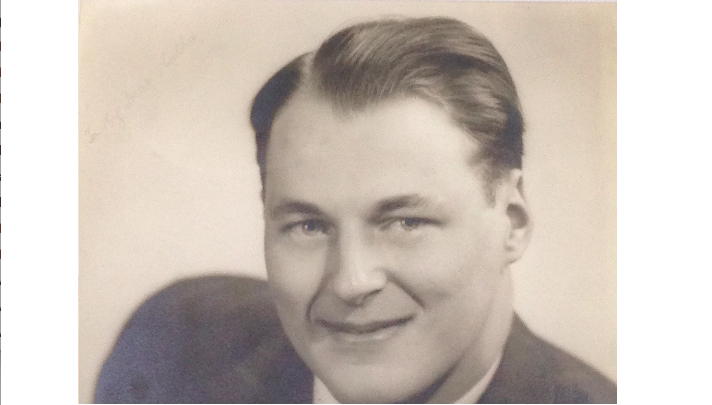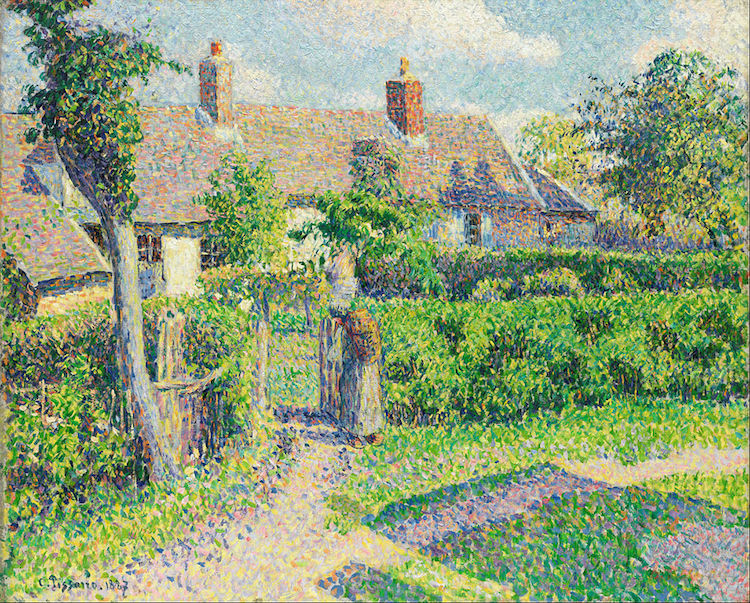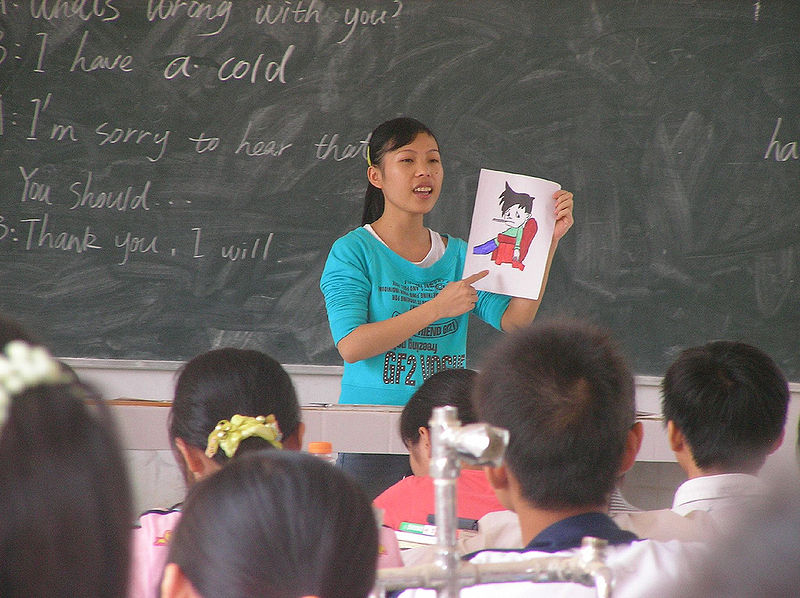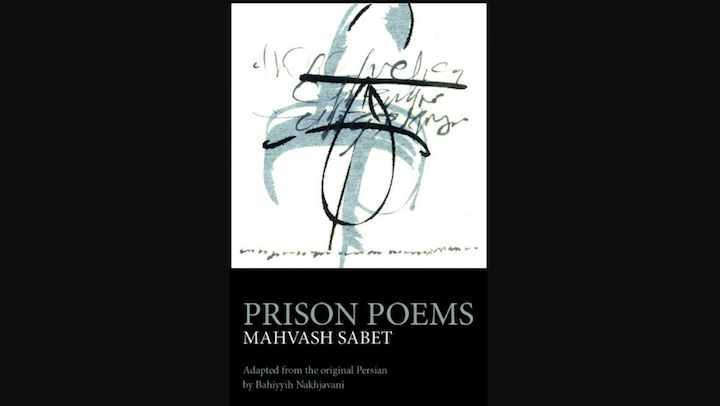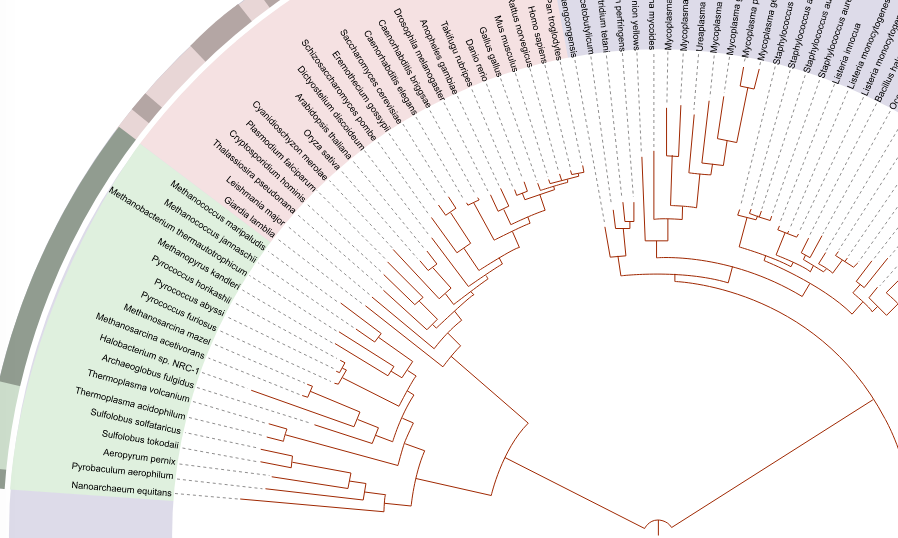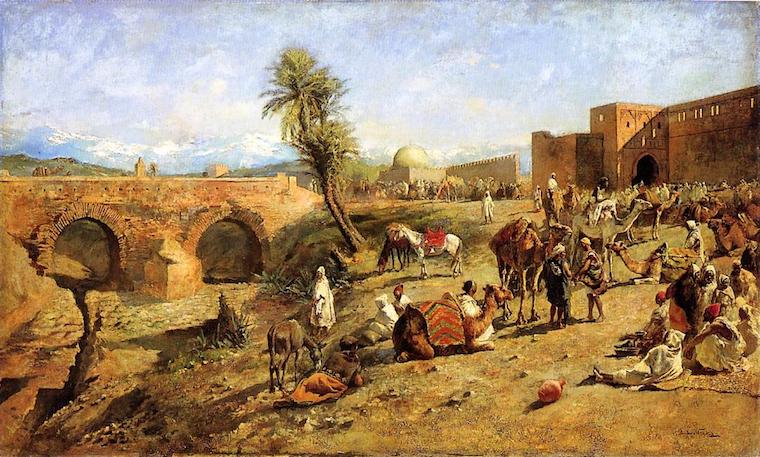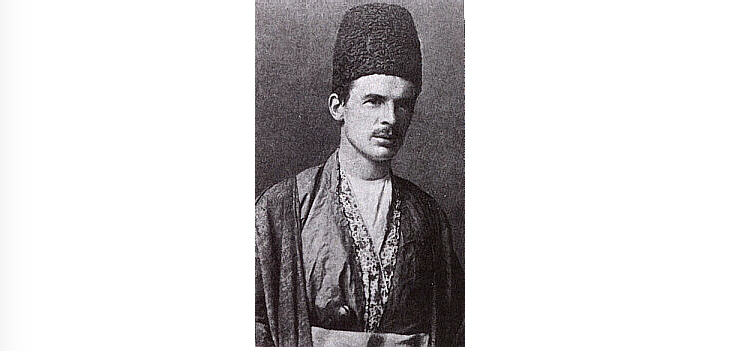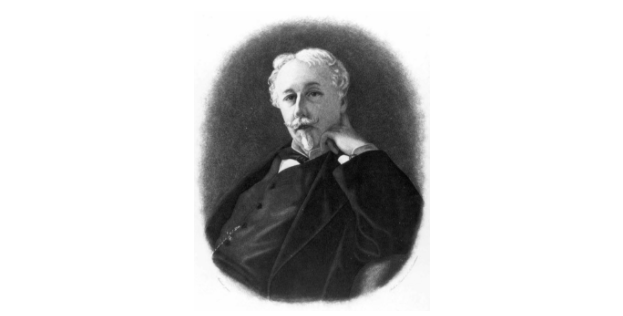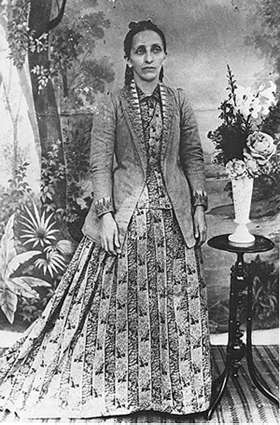Baha'u'llah
-
A New Temple Rises in the East: The First Local House of Worship Battambang Cambodia
Yesterday marked a milestone – the official dedication in Battambang Cambodia of the first local House of Worship in the world designated as such. The building has been constructed to translate into reality Bahá’u’lláh’s call in his book of laws, the Kitab-i-Aqdas: O people of the world! Build ye houses of worship throughout the lands in the name of Him Who is the Lord of all religions.[1] Bahá’u’lláh’s word indicate the universality of the concept. Such Houses of Worship are open to every human being and the words of all sacred scriptures are read in them. The lead set by the people of Battambang is itself an indication of universality. Battambang was…
-
Gender and the Divine World
In Bahá’u’lláh’s teachings, God has no gender. Indeed, to think of God in anthropomorphic terms (as a kind of “super human”) is entirely imaginary. To every discerning and illuminated heart it is evident that God, the unknowable Essence, the Divine Being, is immensely exalted beyond every human attribute, such as corporeal existence, ascent and descent, egress and regress. …[1] However, the topic presents us with complexities. First, we have to pause to clarify our thinking about what we mean by “gender”. Gender has layered biological and cultural aspects and it is easy to mix them up. Aspects of gender such as “pink” and “blue” for example are recent – and purely cultural inventions,…
-
Bahá’u’lláh’s Second Letter to Napoleon III: A New Way of Life
Bahá’u’lláh’s second letter announcing to Napoleon III his mission, is multilayered. It was written not long after Bahá’u’lláh arrived in the prison city of Akka. As we read it, it is easy to forget that these are the words of a persecuted prisoner of an absolute monarch. He Who is the Unconstrained is come, in the clouds of light, that He may quicken the world with the breezes of His name, the Most Merciful, and unite its peoples, and gather all men around this Table which hath been sent down from heaven.[1] The tragedy was that the Emperor could not hear and his fate hung by a thread. He had…
-
Mirza Abu’l Fadl – the Man Who Would Not Believe
Mirza Abu’l Fadl of Gulpaygan is remembered as one of the greatest scholars of the Baha’i Faith and he lived in the time of Bahá’u’lláh and Abdu’l Baha. Abdu’l Baha would mention his works – for example his treatise, The Brilliant Proof, responding to Christian preacher in London and he recommended reading Mirza Abu’l Fadl’s writings as a way of learning about the Baha’i Faith.[1][2] Mirza Abu’l Fadl wrote many works about the Baha’i teachings. He is buried next to another great Baha’i, Lua Getsinger. One of the exterior doors of the Shrine of the Bab is named after him. The stories of how people become Baha’is are often beautiful and the…
-
And the People Wept …
Events moved quickly following the issue of the order for Bahá’u’lláh’s exile from Adrianople and perpetual imprisonment in Akka. Bahá’u’lláh and his followers lived together in a house in Adrianople. One morning they awoke to find that their home had been surrounded by soldiers of the Sultan. Guards were posted and Bahá’u’lláh and his followers were told to prepare for exile. Bahá’u’lláh’s fame was already considerable. As the news spread, consuls of foreign governments in the city wrote with offers of assistance, for which Bahá’u’lláh expressed thanks but which he declined. The Governor of Adrianople, who was an admirer of Bahá’u’lláh, had written objecting to the government’s mistreatment of Bahá’u’lláh…
-
Poisonous Envy
The spiritual world which continually surrounds us, but of which we are only dimly aware, has its own natural laws, so to speak. Among these are laws governing the ways in which the human soul interacts with that world. For some souls, close proximity with the spiritual world draws out the best in them, for a few it draws out the worst. Abdu’l Baha alluded to these patterns in talks he gave over dinner to visiting western pilgrims. In short, that human beings may choose to rise to angelic heights or plunge to demonic behaviours. Consider, likewise, the differences that exist among the members of the human race. Christ was in…
-
Tablet of the Branch
In Adrianople, Bahá’u’lláh began the public announcement of his mission; writing to kings and rulers and to followers of the Bab. Also from this period, Bahá’u’lláh was already looking far ahead to the time when he would no longer be in the physical world and he was laying the foundations of the Baha’i Faith after his passing. We have already noted the role of Abdu’l Baha in his journeys to the West,[1][2][3][4], and in his role as the foundation stone of human unity. We have seen the extraordinary work schedule that he maintained. In France, his first address was concerned with kindness and welcome to strangers. In the Tablet of the…
-
Origins of Racism: the Case of the Count de Gobineau
When we see racism still at work in our world it is important not only to know its current manifestations but also to understand something of how it arose. This article concerns, Count Arthur de Gobineau, a man who is often labelled a “father of racism”. Of course, no one individual is solely responsible – but he was clearly one of those whose influence contributed to the strengthening of racist ideology. Curiously enough he also appears as the European historian who wrote the first extensive account of the birth of the Babi religion, as we have seen in the article on E.G Browne. Regrettably, it appears, Gobineau did not pursue…
